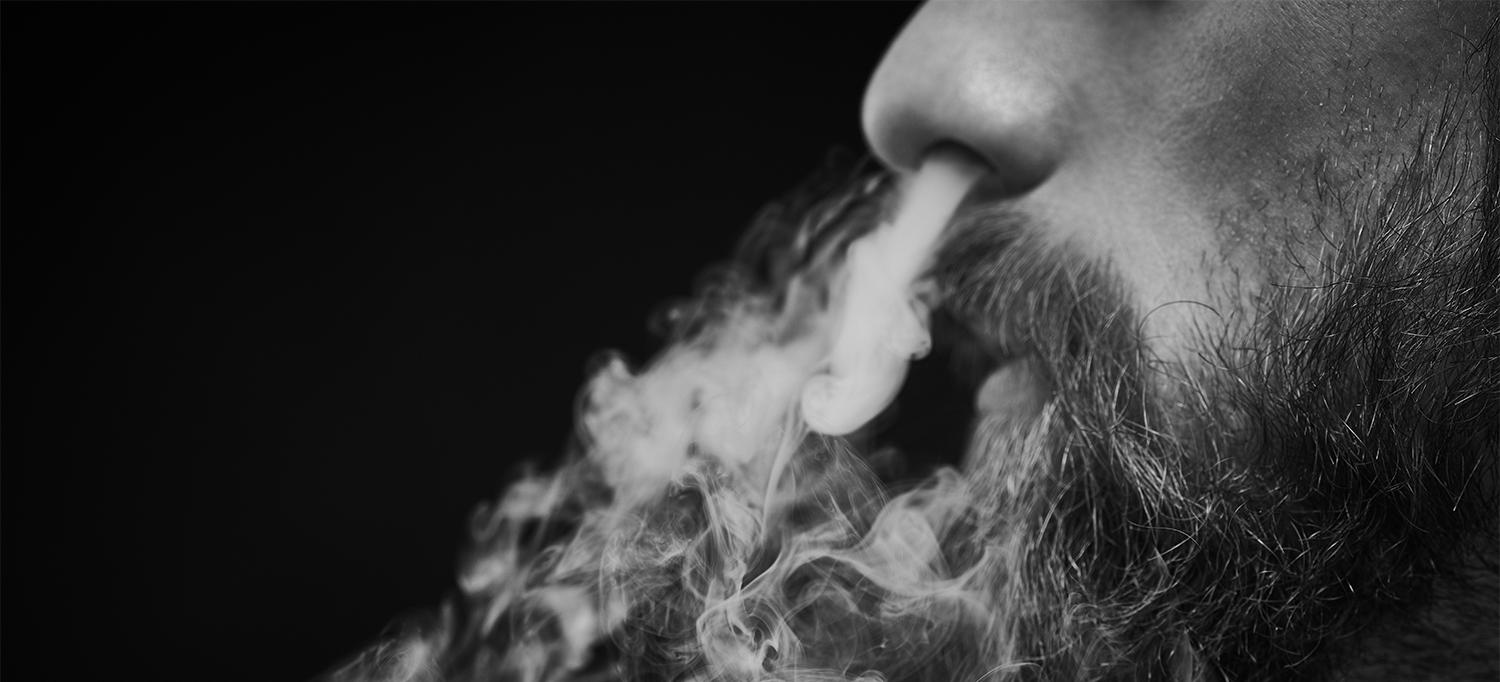How Smoking Affects Teeth and Gums
Smoking exposes your teeth to nicotine and tar, which can cause yellowing or brown staining. Additionally, smoking reduces saliva production, leading to dry mouth and an increased risk of oral infections.
Teeth Staining
The tar and nicotine in tobacco smoke are the primary causes of teeth staining . These substances adhere to the surface of the teeth, causing discoloration over time.
Bad Breath
Smoking can lead to bad breath , caused by the accumulation of tobacco particles in the mouth and reduced saliva, which typically helps clean the mouth.
Gum Disease
Smokers are more prone to gum disease , an infection that affects the tissue supporting the teeth. Smoking weakens the immune system, making it harder to fight off gum infections.

How to Remove Smoking Stains from Teeth
To combat the staining caused by smoking, consider the following measures:
- Brushing: Brush your teeth with fluoride toothpaste at least twice a day to remove surface stains.
- Professional Cleanings: Regular dental checkups and cleanings help remove tartar and hard-to-remove stains.
- Whitening Toothpaste: Use whitening toothpaste designed to fight smoking-related stains. These contain special ingredients like hydrogen peroxide and activated charcoal that help improve discoloration.
Whitening Options for Teeth
For more persistent discoloration, you can consider the following options:
- Over-the-counter Products: Whitening strips and gels can help reduce stains. However, results may vary, and they might not achieve the ideal whitening level.
- Professional Whitening: Dentist-provided treatments can significantly whiten teeth. These procedures are more effective but can be expensive.
How to Combat Bad Breath from Smoking
To alleviate bad breath caused by smoking, consider the following steps:
- Oral Hygiene: Brush your teeth regularly and floss daily to remove food debris and plaque.
- Hydrate: Drink plenty of water to keep your mouth moist.
- Use Mouthwash: Use antibacterial mouthwash to reduce bacteria that cause bad breath.
Are E-cigarettes Better for Oral Health?
While e-cigarettes do not produce smoke, their vapor contains nicotine . Nicotine reduces saliva production, which can lead to dry mouth and an increased risk of oral infections.
Can Smoking Damage Your Teeth or Gums?
Quitting smoking benefits oral health by reducing the likelihood of developing gum disease. Gum disease, also called periodontal disease, is an infection affecting the gums. It occurs when tartar and bacteria accumulate below or above the gums, causing inflammation.
Smokers tend to have more tartar on their teeth than non-smokers. The nicotine in tobacco reduces saliva production, making it easier for tartar and bacteria to build up in the mouth.

If I Quit Smoking, Will My Teeth Get Better?
Even if you’ve smoked for many years, quitting can improve your oral health and reduce the likelihood of gum disease and tooth loss.
In one study , researchers followed 49 smokers with chronic gum disease over a 12-month period. The participants were helped to quit smoking with nicotine replacement therapy, medication, and counseling. After 12 months, about one-fifth of the participants had stopped smoking, and they reported significant improvements in their oral health.
More scientific reviews show that quitting smoking reduces the risk of the onset and progression of gum disease. Smokers have an approximately 80% higher risk for bone loss and periodontal disease than non-smokers.
It’s never too late to quit, even if you’ve smoked for a long time. You’ll still see immediate and long-term benefits.
Quitting smoking doesn’t only protect your teeth. It also lowers the chance of:
- Oral cancer
- Lung disease
- Heart disease
- Other health problems
Since smoking weakens the immune system, it also makes it harder for the body to fight infections, leading to weakened bones supporting the teeth and eventually tooth loss.
Simple, Practical Ways to Quit Smoking
Here are a few tips to help you quit smoking and improve your oral health:
- Avoid Triggers: Being around people who smoke can increase your cravings. Do your best to avoid such environments.
- Stay Busy: Keeping yourself busy can help distract from the urge to smoke. Engage in activities or projects to take your mind off it.
- Nicotine Replacement Therapy: Using nicotine patches or gum can help reduce cravings, making it easier to quit smoking.
- Seek Support: Consider counseling or behavioral therapy if you need help overcoming smoking triggers.
- Remind Yourself Why You’re Quitting: Reflect on your reasons for quitting, whether for health, family, or financial reasons. This can help you stay motivated.
- Get Back on Track: If you slip up, don’t get discouraged. Many people experience setbacks while quitting. Stay positive and keep trying.
The Takeaway
Smoking negatively impacts your oral health, increasing the risk of gum disease, tooth loss, bad breath, and oral cancer. The best thing you can do for your teeth is to quit smoking.
If you’re not ready to quit yet, you can still take care of your teeth. Follow good dental health habits, including brushing at least twice a day, flossing daily, and seeing your dentist regularly to fight gum disease and prevent teeth staining.









